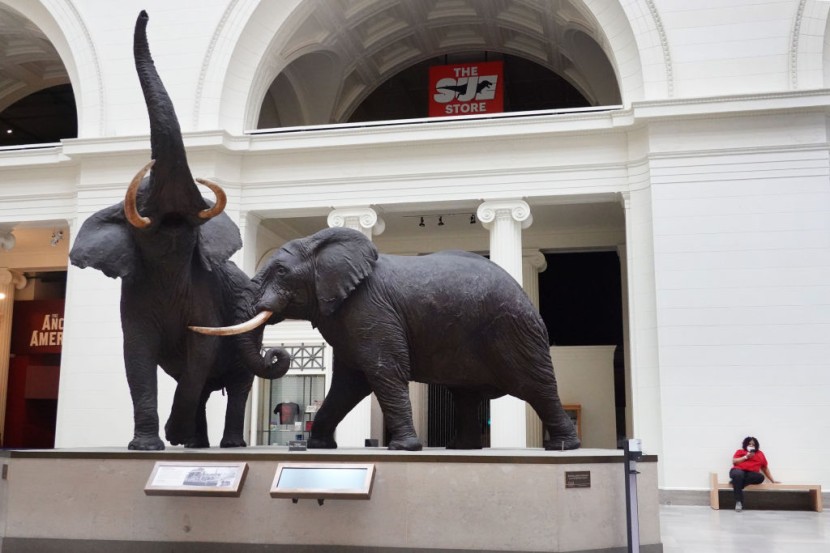In response to recent updates to the Native American Graves Protection and Repatriation Act (NAGPRA), the Field Museum in Chicago has taken preemptive measures to comply with federal regulations. These new rules, effective as of Friday, mandate that museums seek consent from Native American tribes before displaying cultural items or human remains.
The Field Museum's decision has set the tone for other institutions across the country as they navigate the complexities of these regulations, impacting staffing and budgets for the foreseeable future, as per to Business Insider.

The NAGPRA, established in 1990, aims to protect and repatriate Native American remains and cultural objects. The federal government recently overhauled the NAGPRA to address concerns about the sluggish pace of repatriation, a process criticized by tribal officials and advocates for its lack of expediency.
The specific provision prompting the Field Museum's action requires institutions to obtain "free, prior, and informed consent" from tribes before showcasing cultural items or human remains. Now, museums face the dilemma of either risking non-compliance by leaving objects on display or engaging in a potentially lengthy process of obtaining tribal consent.
Disclosed on its website, pertains to displays in its halls dedicated to the ancient Americas and the Pacific Northwest. The institution has covered cases believed to contain cultural items subject to the new regulations, emphasizing its commitment to consultation with the represented communities. However, details about which items were obscured and the tribes involved remain unclear, as museum representatives have not responded to requests for further information.
The urgency around repatriation has gained momentum in recent years, spurred by broader efforts in museums and universities to address historical injustices. Grave robbing, archaeological excavation, and development on burial grounds often link to Native American remains. The Biden administration has also played a role in accelerating the repatriation process since 2021, with over 96,000 Native American individuals' remains still held in various institutions, according to Chicago Tribune.
Regulatory Shifts in Cultural Repatriation
The new regulations aim to eliminate practices criticized for delaying repatriation, such as labeling that remains "culturally unidentifiable." Additionally, they address concerns about the level of consideration given to tribes regarding exhibitions and research, signaling a shift towards a more respectful relationship.
While some argue that the new rules overstep and impinge on museums' autonomy in managing collections, others view them as necessary steps to rectify historical wrongs. In recent years, the Field Museum, founded in 1894, has actively renewed its commitment to repatriation and currently holds one of the largest collections of Native American remains.
Notably, the Field Museum is among the first to publicly acknowledge compliance with the new regulations. The American Museum of Natural History and the Peabody Museum of Archaeology and Ethnology at Harvard University have not yet announced how the new regulations will affect their exhibitions.
As museums grapple with the implications of the updated NAGPRA regulations, the spotlight is on their commitment to respecting Native American heritage while navigating the intricacies of legal compliance. The repercussions for violating these regulations, including fines exceeding $7,475, underscore the significance of this development in the ongoing dialogue surrounding cultural preservation and repatriation, Artnet reported.
Related Article : China Condemns US for Congratulating Taiwan's New President
© 2026 HNGN, All rights reserved. Do not reproduce without permission.








